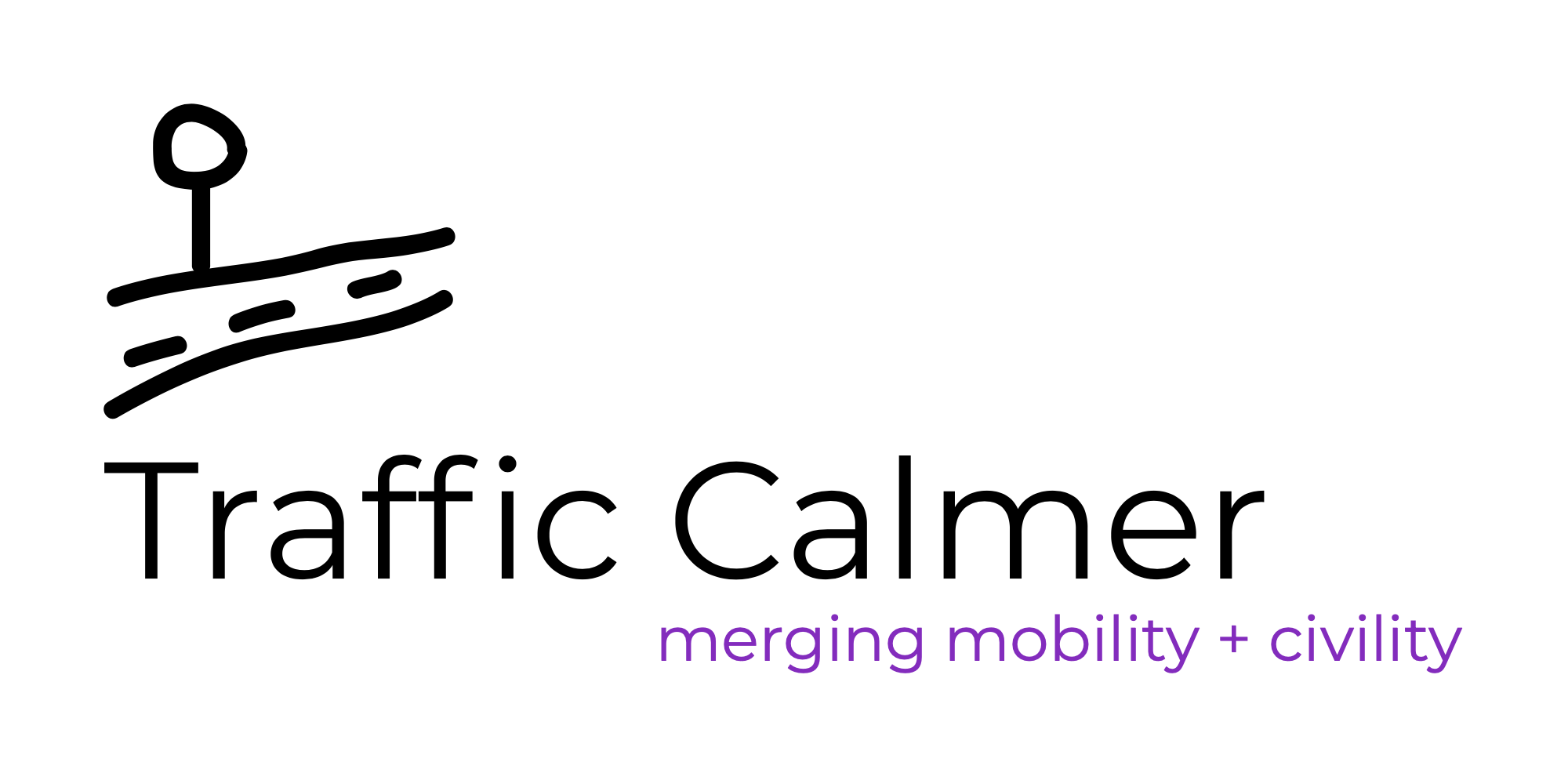Looking into 2021
As we stagger into 2021, a few reflections on factory-ization, weather, climate change, public transit funding, retro-infrastructure, and investment. Not predictions, just observations. Que le vaya bien!
—Michael King
Away from the factory and toward the weather vane: factory-ization, weather and climate change
Every morning in the before times, I would wake up and cycle to the office - rain or shine. As Scandinavians say, there's no such thing as bad weather, only bad clothing. As long as there was no ice, I was on a bike.
Now, working from home, I plan my days (to the extent that clients allow) according to the weather. On short winter days I go outside at noon. On hot summer days I swim laps in the evening. If rain is predicted, I cycle before or after it.
Is it possible that we might begin to structure our lives more in tune with nature? I know an business in Johnson City TN where employees ride bikes at noon, an office campus outside Seattle with a series of covered walkways connecting it to the adjacent park, and a forest school in Brooklyn which uses Prospect Park as their classroom. My favorite conferences are those with outdoor tours and walks instead of droll presentation naps.
Consider the fabled snow day. Before the pandemic, kids went sledding when weather upended the school run. Now, as long as the internet still works, on-line learning continues apace. Will employees similarly tele-commute instead of slip sliding to work? We do not need another 20-car pile up - just stay home.
I hope we are seeing the end of the industrial revolution that shut us into a factory/office/shop/school from dawn until dusk. Will this heightened regard for weather lead to an augmented regard for climate change?
#Cycling in the rain in #SãoPaolo. Good times.
Walking to a meeting in #Trenton NJ. Good times.
Public transit funding and recovery funds
The pandemic has exposed public transit funding issues. Decreased ridership has shortened operation hours and frequency of service, plus the drop in tax revenues has decimated subsidies. The brunt of all of this has been borne by essential workers. While this issue is multi-layered, it is certain that we treat transit and driving differently. Can you imagine if we closed lesser used roads and turned off traffic lights during the pandemic to save costs?
Getting There by Stephen Goddard describes how transit agencies grew out of private train companies. The goal was always to fill the most seats; running the fewest number of trains with the most people maximizes profit. Transit in the pre-automobile age was profitable. Transit-oriented development was the rule, towns were compact and walkable, and destinations were reachable by train or boat. You can still visit #TheGreenbriar in White Sulphur Springs WV by train.
Now we have vast tracts of land and suburban sprawl - hardly transit-oriented. American investment patterns since WWII have favored travel by automobile, the cost of travel by private car is quite low, and public transit is not profitable due to lack of density and scattered destinations. We have spent decades building for driving. To tack toward transit, which is mandatory to head off climate change, will require more than recovery funds.
Thanks to @WalterHook of BRTplan.com for his insights.
Love this collections of transit signs in #CapeTown.
Retro-infrastructure and investment
People who grew up in the post-WWII era, when cars were idealized, are largely in charge now. They reflexively incorporate driving into programs. I would not call them pro-car in an antagonistic sense, I would just say that the status quo runs so deep, it’s hard to consider otherwise. Decades of advertising does this.
Here is a thought exercise. The “big dig” in #Boston (tunnels for I-93 downtown and to the airport) cost about 15 billion dollars. Divide that by the number of children (under 18) in Boston at the time (112K) nets $134K each. Given all we have learned in 2020 about public health, education and mobility, would we do the #BigDig again or invest the money otherwise?
Yep. Absolutely no room at all to add a sidewalk and cycle path in #SaratogaSprings NY. Cars rule, everyone else drools!




